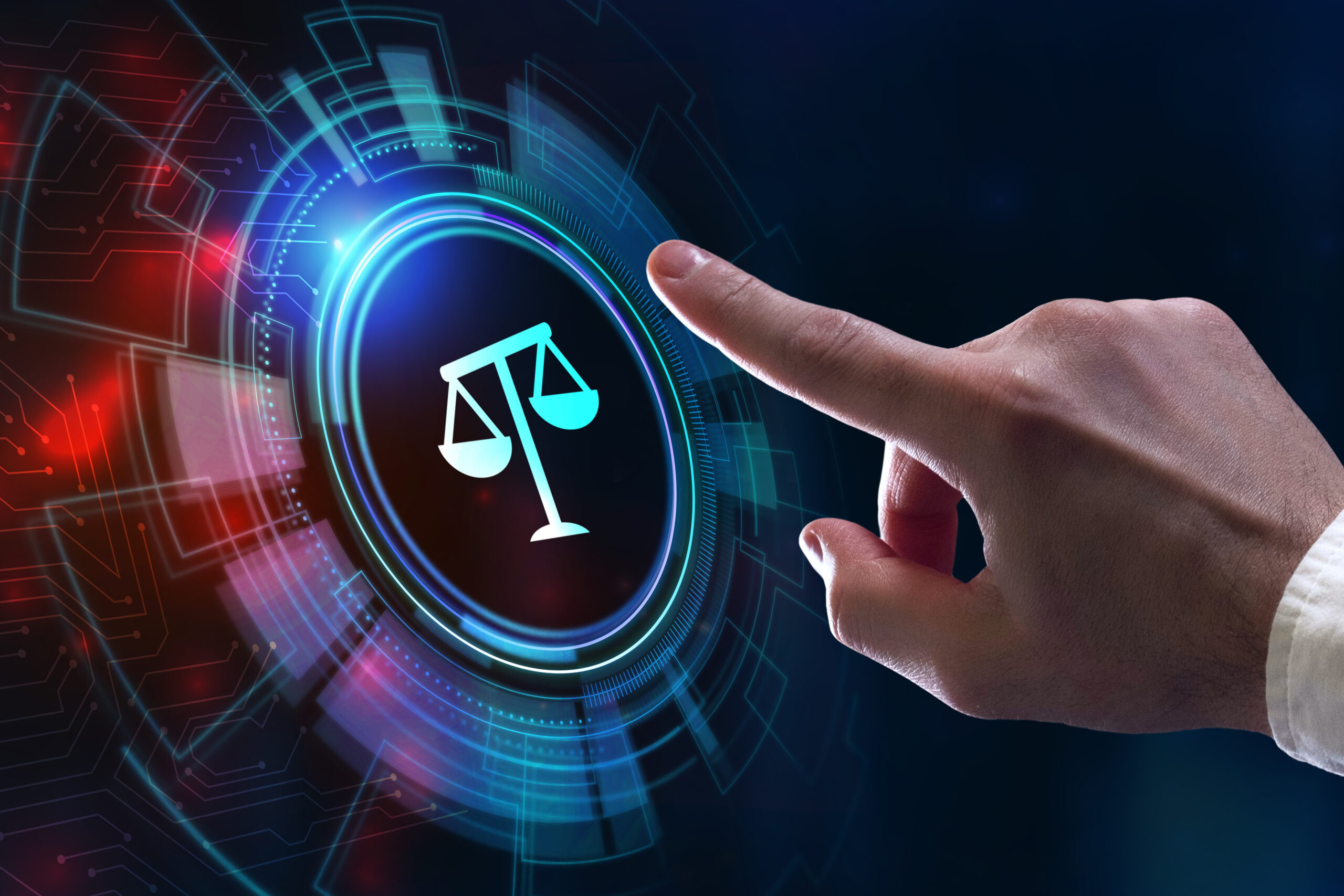It looks like a “robot lawyer” created by a startup may not get its day in court after all.
Joshua Browder, the CEO of the consumer-assistance startup DoNotPay, said this morning that he had received threats of prosecution from a state bar association over plans to have an artificial intelligence chatbot called “Robot Lawyer” defend a speeding ticket in an unspecified court, and is postponing the case.
Browder said that DoNotPay will be “sticking to consumer rights,” instead performing the tasks it’s typically been used for until now, such as disputing credit reports and canceling subscriptions.
DoNotPay first announced the scheme to have an AI argue a traffic case on Jan. 4, promising to pay the defendant’s fines if the chatbot lost. The company said its robot lawyer would coach the defendant via a headset—an arrangement that could violate court rules in many jurisdictions, according to New Scientist.
Browder’s company claimed it found a loophole in one jurisdiction that could have permitted the use of a headset, which allowed the arrangement to be considered a hearing assistive device.
DoNotPay has not disclosed the location of the case. Leadership at the California State Bar couldn’t confirm any investigation of DoNotPay’s plans, but said they have a duty to call out unauthorized practice of law.
“We regularly let potential violators know that they could face prosecution in civil or criminal court, which is entirely up to law enforcement,” California State Bar Chief Trial Counsel George Cardona told The Standard.
Lawyers who are wary of DoNotPay’s chatbot point out that the technology may run afoul of state law and professional codes governing ethical legal practices. And the dust-up could portend further pushback to the rapidly evolving use of artificial intelligence in business, education, the arts and other areas.
“In 2023, we are seeing well-funded, unregulated providers rushing into the market for low-cost legal representation, raising questions again about whether and how these services should be regulated,” added State Bar Executive Director Leah Wilson.
According to a criticism of the app by litigation paralegal Kathryn Tewson published in TechDirt, using RobotLawyer to do basic legal paperwork like demand letters and settlement agreements was actually slower than having it done by real people aided by established legal research tools like Westlaw.
“There is literally nothing AI about this. This is a straight-up plug-and-chug document wizard, and it is not well done at all,” writes Tewson in her assessment of Robot Lawyer.
